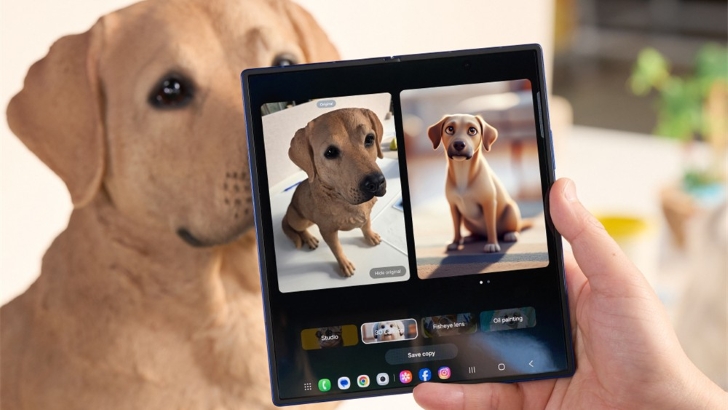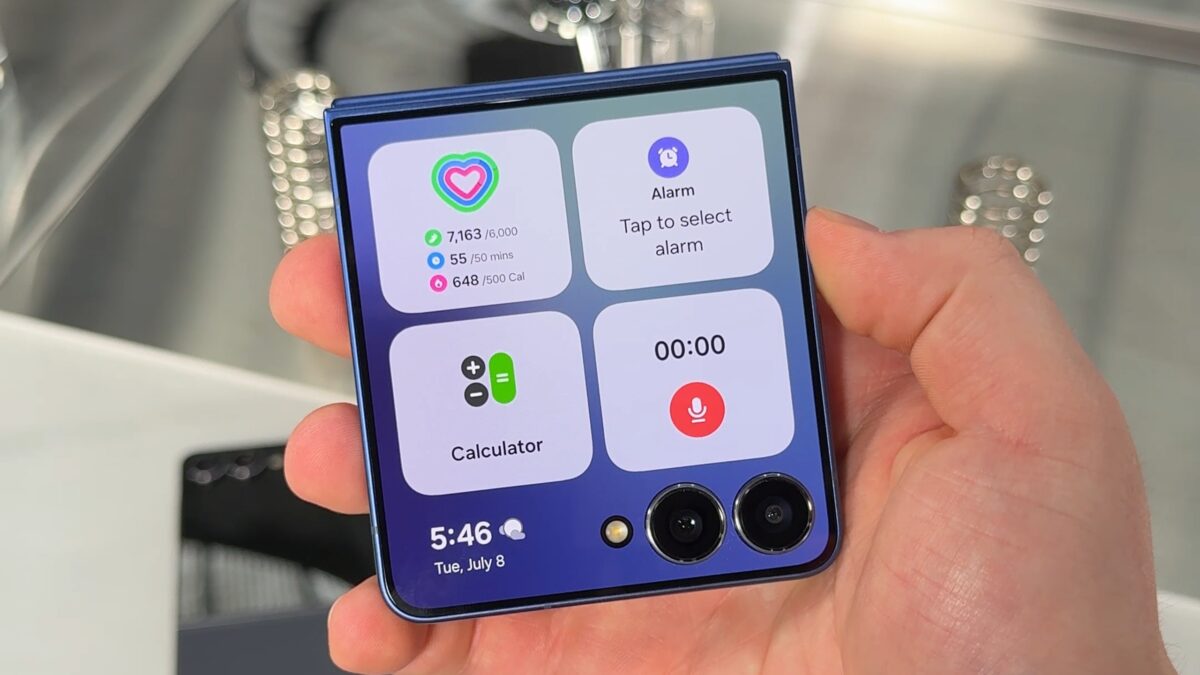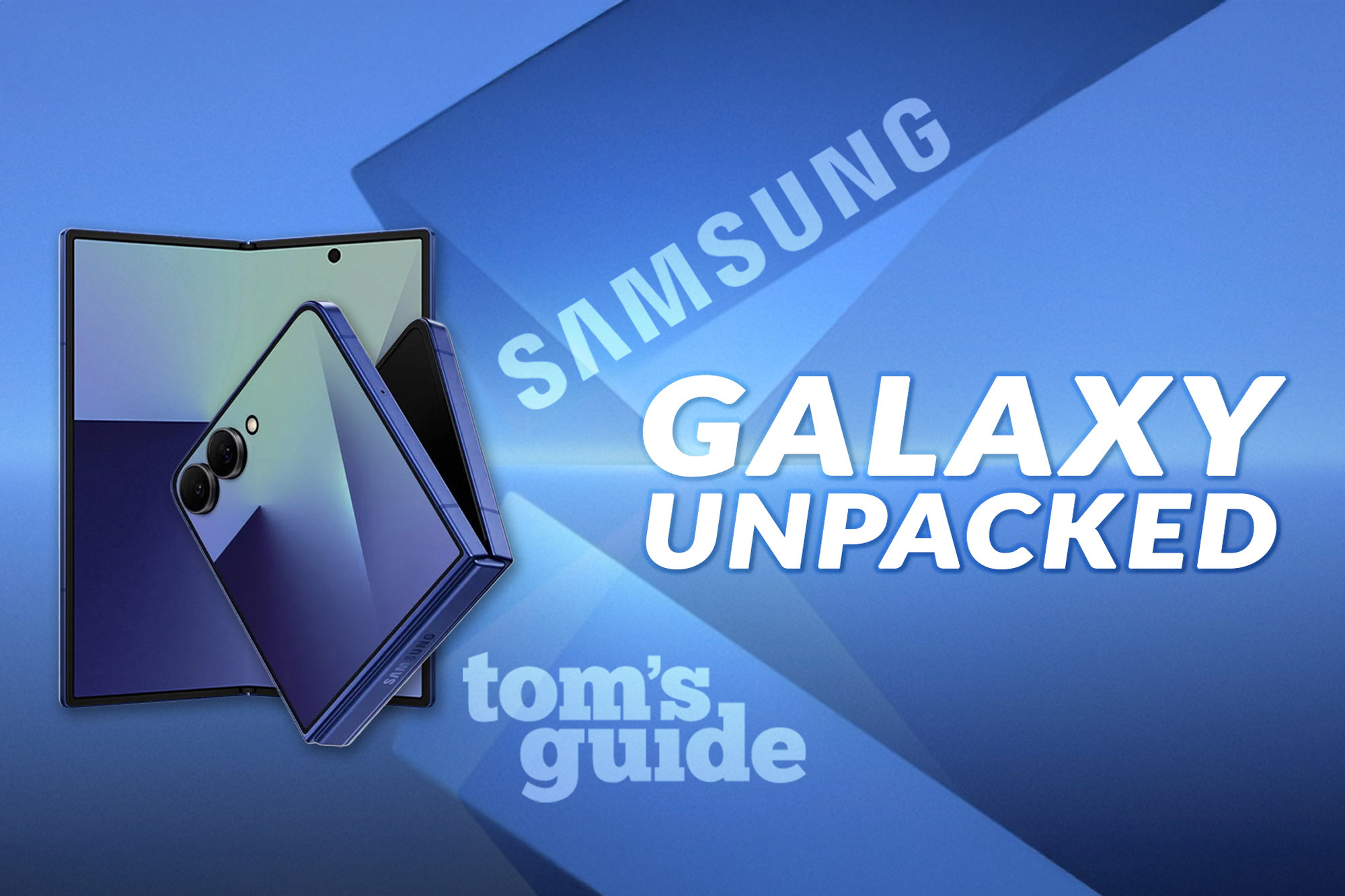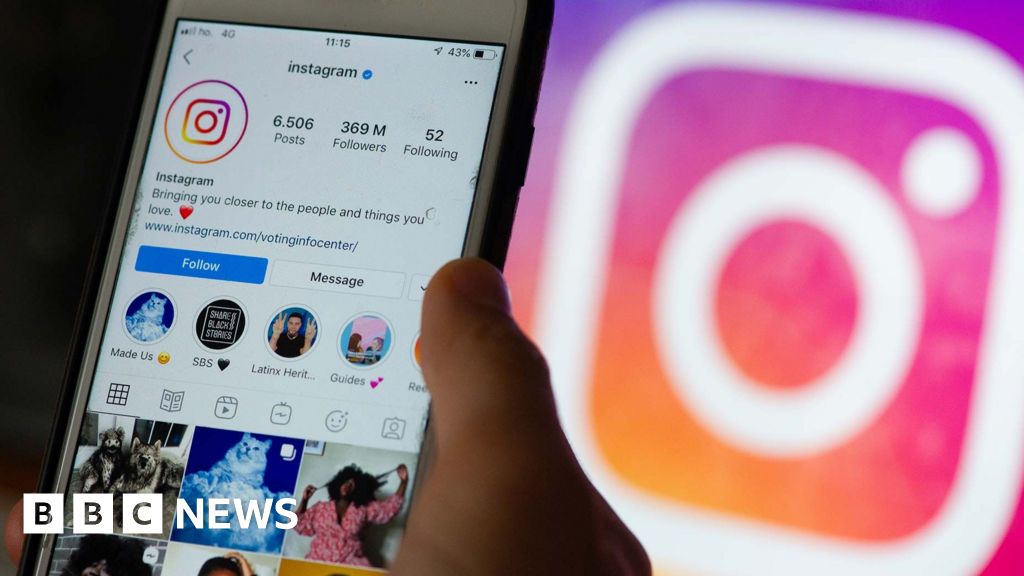Samsung expands One UI 8 beta program to more devices

Introduction
Exciting news for Samsung users! The tech giant has recently announced that their highly anticipated One UI 8 beta program will be open for more Galaxy devices starting next week. This is a great opportunity for users to get a taste of the latest features and updates before the official release.
Key Details
The One UI 8 beta program was initially only available for the Galaxy S24 series. However, Samsung has now expanded the program to include the latest flagship devices, the Galaxy Z Fold6 and Galaxy Z Flip6. This move shows Samsung's commitment to providing their users with the best experience by constantly improving and updating their software. The beta program also allows users to provide feedback and suggestions to further enhance the final release of One UI 8.
Impact
The expansion of the One UI 8 beta program to more Galaxy devices will not only benefit users but also have a positive impact on Samsung's overall brand image. By involving their users in the software development process, Samsung is showing their dedication to constantly improving and delivering the best products for their customers. This also creates a sense of community and trust between the brand and its users. Overall, the updates and improvements in the One UI 8 beta will undoubtedly enhance the user experience and solidify Samsung's position as a leader in the tech industry.
About the Organizations Mentioned
Samsung
Samsung is a global technology powerhouse specializing in consumer electronics, semiconductors, and IT services. Founded in 1938 as a trading company, Samsung entered the electronics industry in 1969, initially producing black-and-white televisions. Over the ensuing decades, it expanded rapidly into semiconductors, telecommunications, and advanced technologies, establishing itself as a leader in innovation and manufacturing[5]. Today, Samsung Electronics, the flagship subsidiary, produces a wide range of products, including smartphones, TVs, refrigerators, memory chips (DRAM, NAND flash), mobile processors, OLED panels, and automotive electronics through its Harman division[3][7]. The company is renowned for its Galaxy smartphone series, including foldables and flagship models, maintaining strong market share by integrating AI capabilities across devices and expanding its ecosystem with new form factors like extended reality (XR) and TriFold devices[1][4]. Samsung consistently ranks among the world’s most valuable brands, holding 5th place globally for six consecutive years with a brand value of $90.5 billion in 2025. This recognition reflects its leadership in AI innovation, customer experience integration, and strategic investments in AI-related semiconductors[1]. The company aims to make AI accessible to 400 million Galaxy devices within the year, emphasizing democratization of AI technology[1]. Financially, Samsung Electronics reported consolidated sales of approximately 86 trillion Korean won and an operating profit of around 12.1 trillion won for Q3 2025, showcasing robust profitability despite market challenges[2]. The Mobile eXperience segment notably increased revenue and profit through efficient resource management and a flagship-first sales strategy[4]. Samsung also prioritizes sustainability, targeting net zero Scope 1 and 2 emissions by 2030, increasing renewable energy use to 93.4% in key divisions, and incorporating recycled materials into 31% of plastic components as of 2024. It runs global e-waste collection programs to promote circular econom














